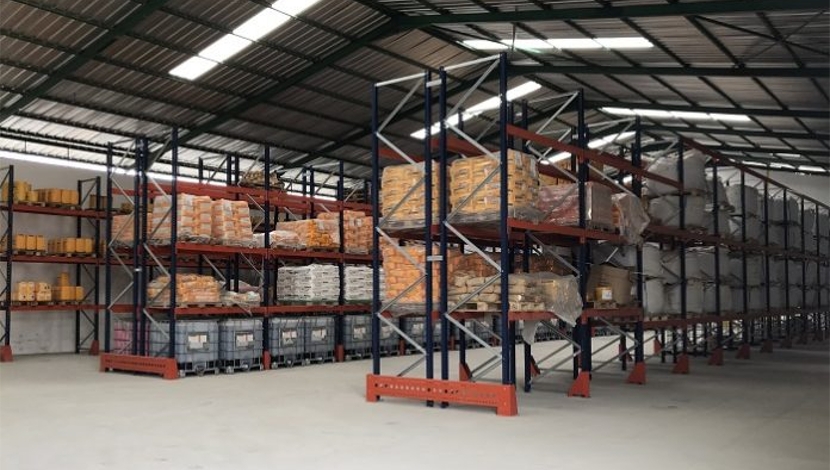
As reported in SAnews – African leaders on Wednesday accepted President Jacob Zuma’s report on progress made on the Nepad Presidential Infrastructure Champion Initiative for the continent, the President’s special advisor Lindiwe Zulu said.
The initiative is part of African countries strategy to champion regional and cross-border infrastructure projects in order to attract investments and enhance regional integration.
In the past two years, African leaders have held a view that regional integration is the best and perhaps the only way for Africa to realise its growth potential, participate effectively in the global economy, and share the benefits of globalisation.
“He (Zuma) today presented a progress report on all the different projects that the other presidents are championing. As you know he is championing the North South corridor infrastructure which moves from south right up to the top of Africa,” said Zulu. North South is a network of road and rail connections between South Africa in the south and Tanzania in the north.
In 2011, the AU and Nepad (New Partnership for Africa’s Development) through the Presidential Infrastructure Champion Initiative, identified infrastructure nodes that required urgent investment. President Zuma chairs the initiative, as well as the corridor, which is one of eight mega-projects on the continent. The corridor is reportedly made up of 59 road projects, 38 rail projects and six bridges.
On Wednesday, Zuma presented his report to the Nepad Heads of State and Government Orientation Committee and that document is expected to be further discussed when Heads of State officially open their two-day AU summit on Thursday. This year’s theme for the summit is centred on food security and agriculture.
Zulu said some of the Presidents who are also ‘champions’ in the infrastructure programme made additions to Zuma’s report.
The Presidential Infrastructure Champion Initiative is based on the AU, Nepad African Action Plan (AAP) and the Programme for the Infrastructural Development of Africa (PIDA). The PIDA initiative came after the AU raised concerns that deficits of infrastructure have a clear impact on African competitiveness.
“African countries, particularly those south of the Sahara, are among the least competitive in the world, and infrastructure appears to be one of the most important factors holding them back,” reads an AU report on the state of the continent’s infrastructure.
Many of Africa’s 54 countries were small, with populations of fewer than 20 million and economies of less than $10 billion. Their infrastructure systems, like their borders, were reflections of the continent’s colonial past, with roads, ports, and railroads built for resource extraction and political control, rather than to bind territories together economically or socially. This was a continental problem that requires a continental solution.
The AU says once PIDA is fully implemented, the outcomes would be a reduction in energy costs. Africa will reap savings on electricity production costs of $30 billion a year, or $850 billion through 2040. Power access will rise from 39% in 2009 to nearly 70% in 2040, providing access to an additional 800 million people.
The Nepad steering committee also gave its report on its activities in the past year and presented “a plan of action” until 2017.
“What was also important was the presentation of the ‘Africa 50’ report that is a long term programme on infrastructure development on the continent and what is interesting about it is that the African Development Bank has already worked out quite a number of projects and even looked into funding of those projects, added Zulu.
The bank would work with other financing institutions where there is an implementation of the projects.
“The projects President Zuma and other leaders are pushing, must obviously be seen in the context of Africa’s own programme of 2063 because Africa now has this long term plan. So overall, today’s meeting was very successful”. The Nepad Planning and Coordinating Agency, also known as the Nepad Agency, oversees all plans for infrastructure projects and acts as a technical body of the AU.
The body works closely with the African Union Commission (AUC), regional economic communities, national governments, civil society and the private sector to push for programmes and projects that focus on improving the continent’s pace in infrastructure delivery.
Later in the day, Zuma is expected to present South Africa’s African Peer Review Mechanism (APRM) report for the period October 2010 – January 2013. The African Peer Review Mechanism is a mutually agreed programme, voluntarily adopted by the member states of the African Union, to promote and re-enforce high standards of governance. It is a self-monitoring mechanism. “What will be most important for us will be the comment that the other Heads of State will be making with regards to South Africa’s own APRM report,” said Zulu





